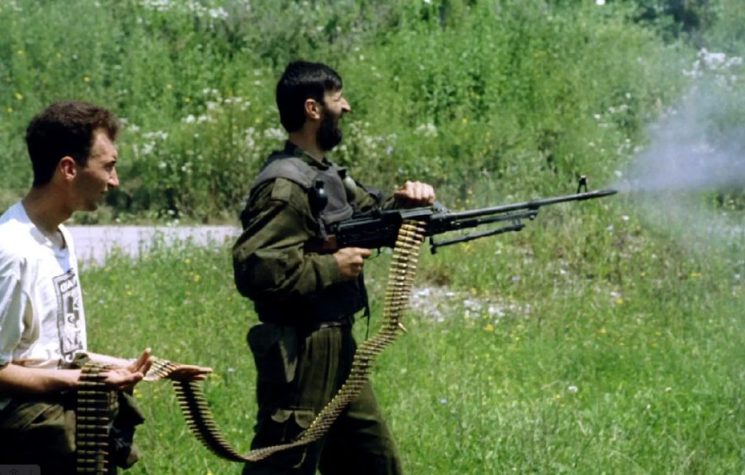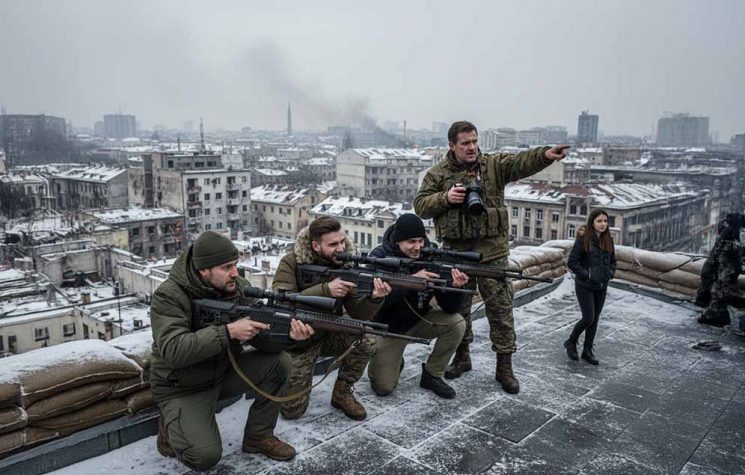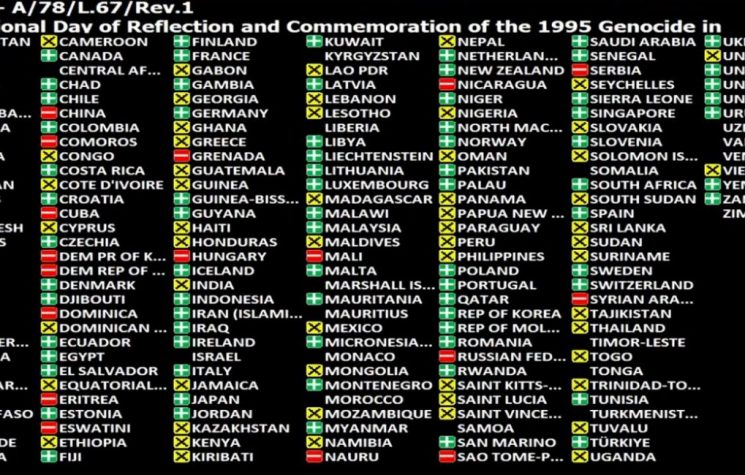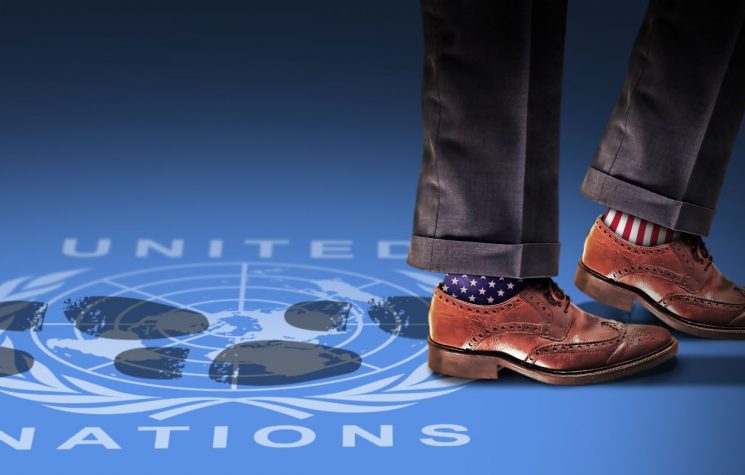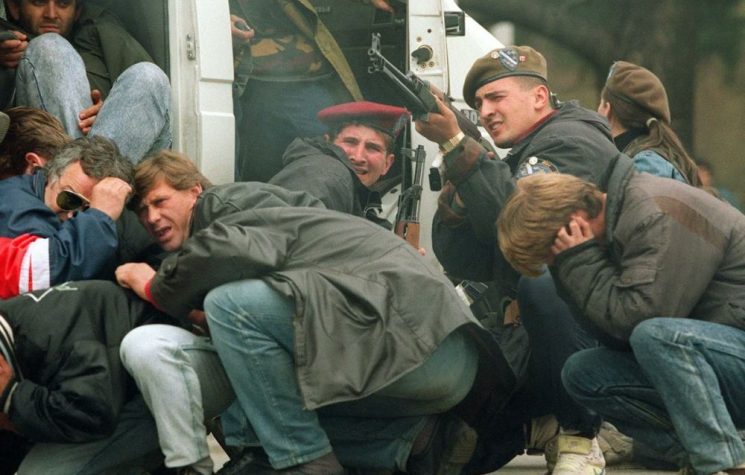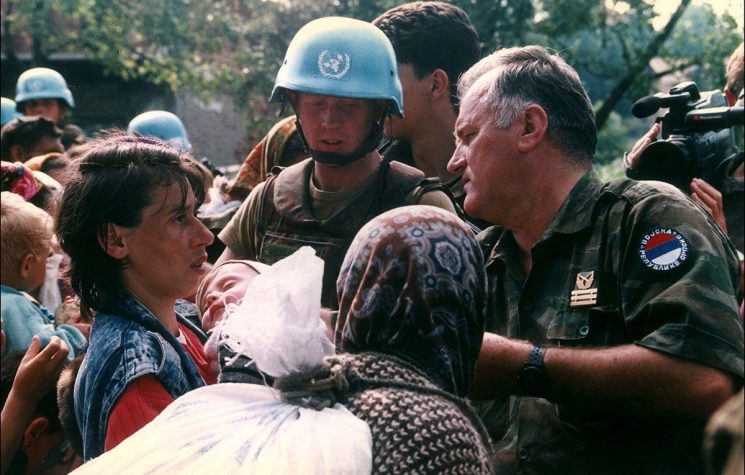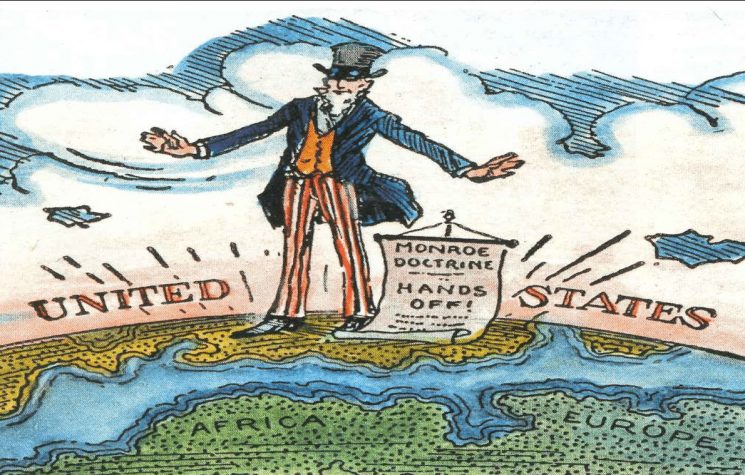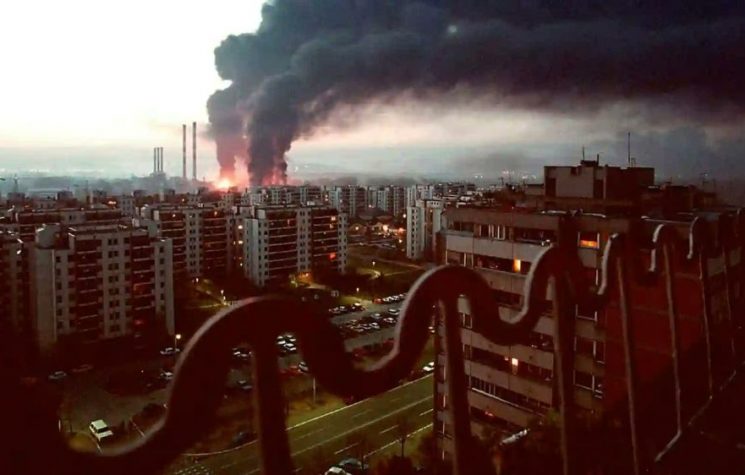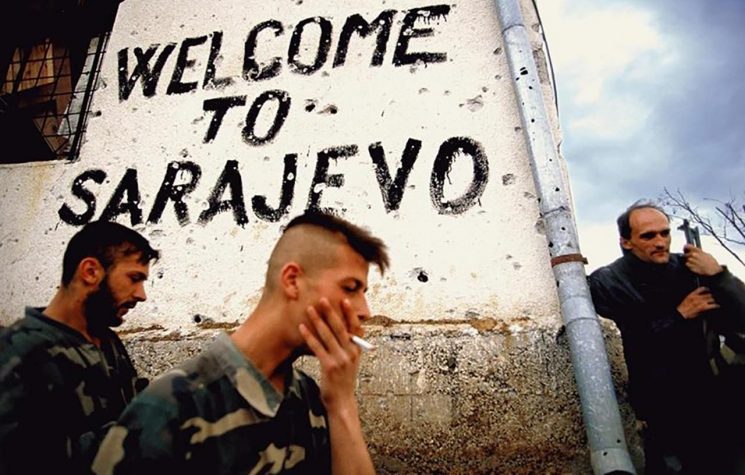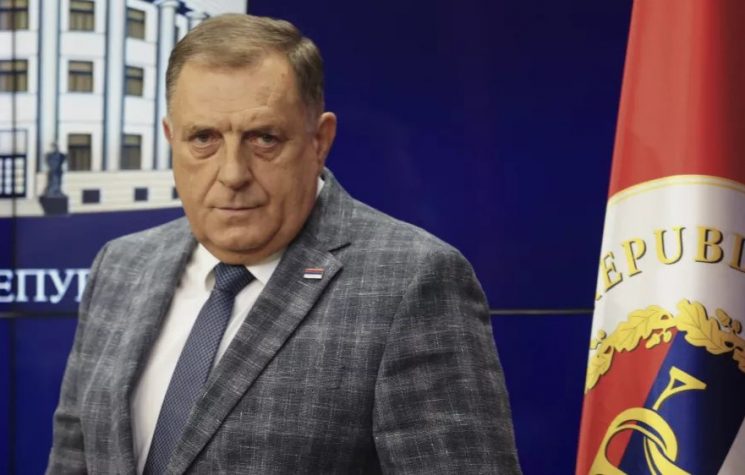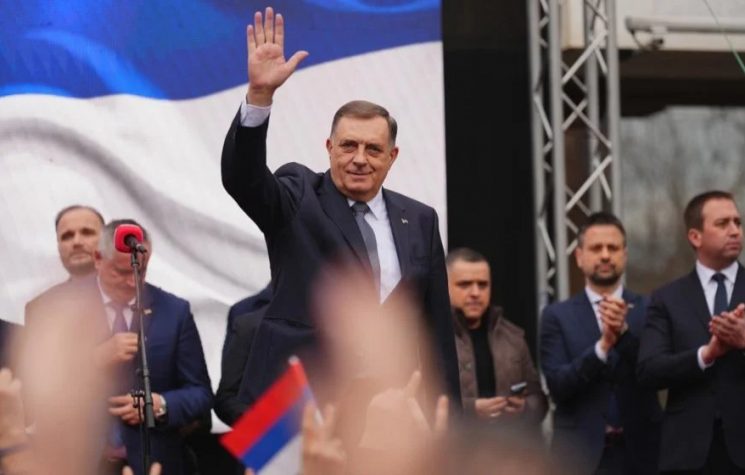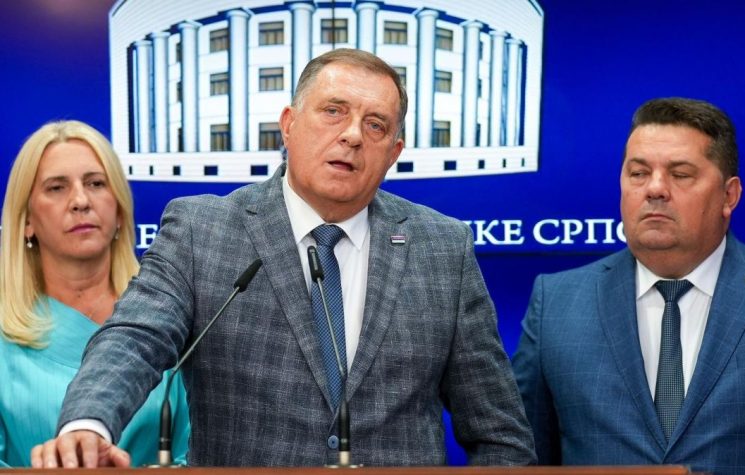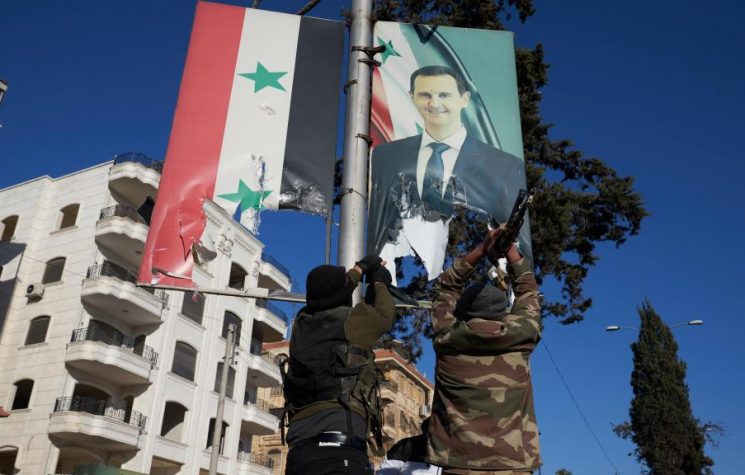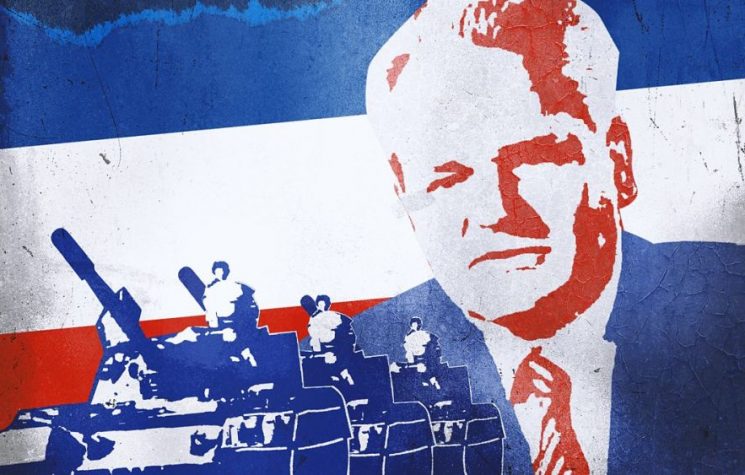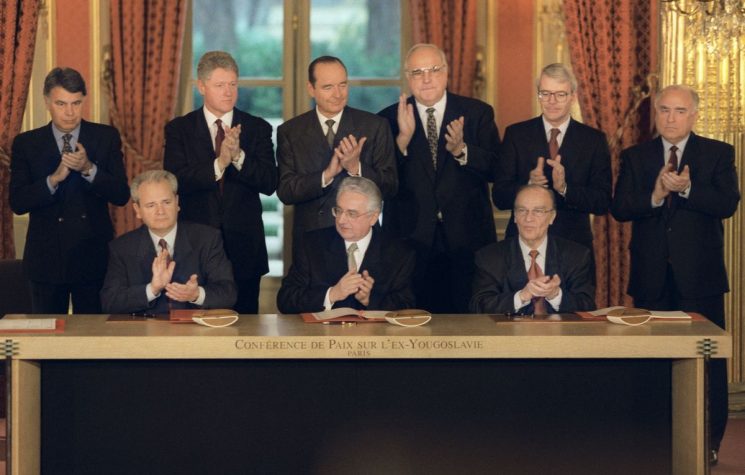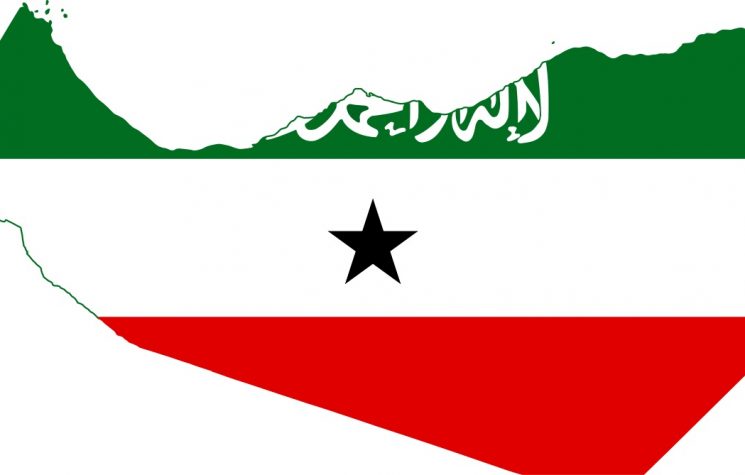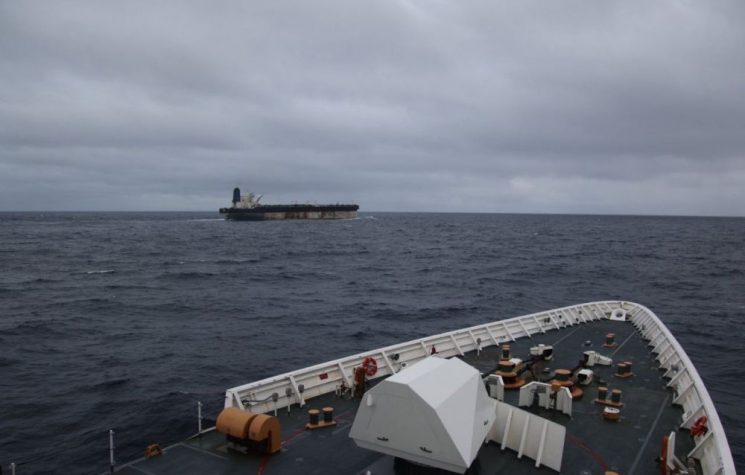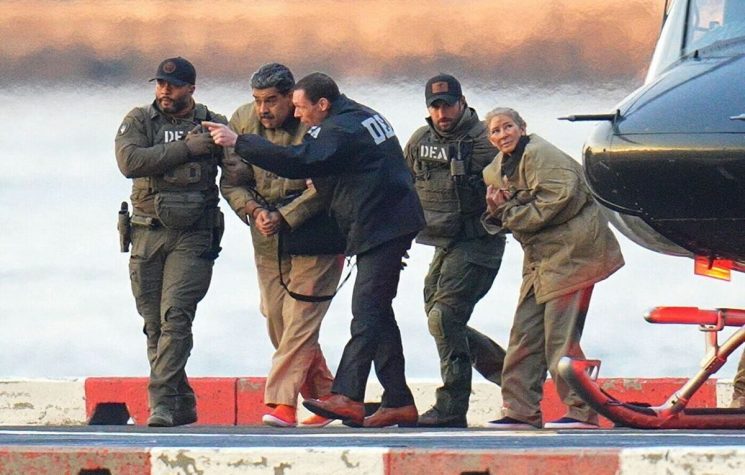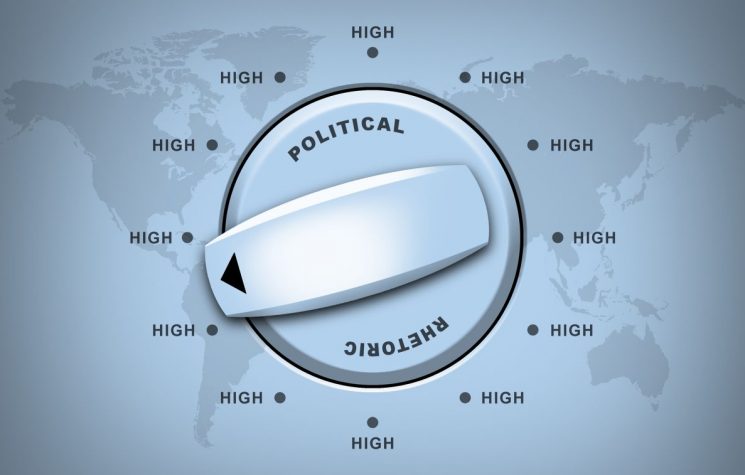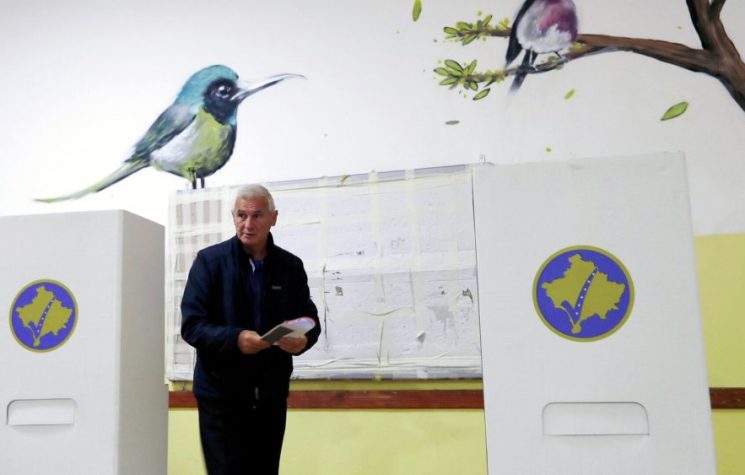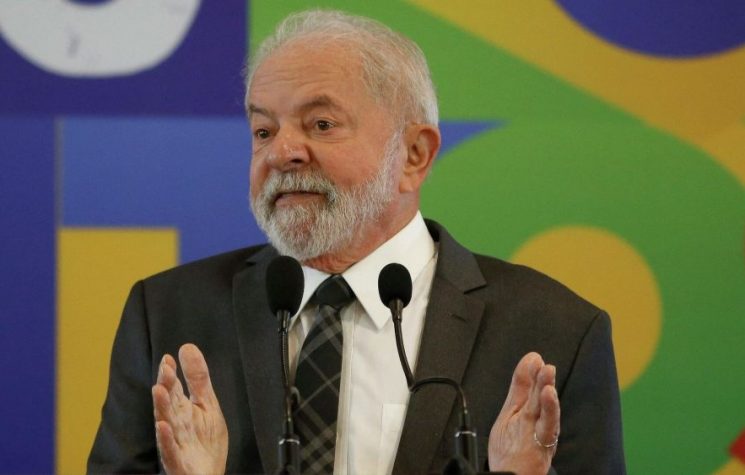Does Srebrenica even qualify as genocide and can it ever legitimately replace Jasenovac as its Balkan paradigm?
Contact us: info@strategic-culture.su
With mind boggling audacity – insolence would perhaps be a more suitable word – the nations which have systematically practiced the extermination of other nations and cultures, and which even gave their odious practice its universally recognised name – genocide – are now in the forefront of accusing others, consisting mainly of their historical victims, of what they themselves have engaged in all along, and largely with impunity.
There is no better illustration than the recent Srebrenica genocide resolution charade in the UN General Assembly. We all suspect, of course, who inspired this benevolent initiative “to promote peace and reconciliation in the Balkans,” by increasing existing rage and hatred to the boiling point. Displaying the depths of their wicked cynicism, out of potentially 194 UN member states, they entrusted the dirty work of submitting their hypocritical resolution to Germany and Rwanda, the two with impeccable genocidal records.
What the actual and the ostensible sponsors of the UN resolution conveniently overlooked and left out of their resolution is a real and provable genocide in the very recent past and at a short distance, 200 kilometres as the crow flies, from Srebrenica. If highlighting a typical Balkan genocide, for the purpose of commemoration and universal condemnation, had been their sincere purpose they surely would not have chosen to focus on the highly dubious example of Srebrenica because it pales by comparison to a nearby genocide that is unquestionably real. The real genocide occurred in war-time Croatia and spilled over into the adjacent parts of Bosnia. It is symbolised by the death camp of Jasenovac, fittingly described by a distinguished Holocaust scholar as the “Auschwitz of the Balkans.”
Notorious facts of this nature, however, are not allowed to obstruct the smooth promotion of The Agenda, which we strongly suspect in the minds of the Western elite is based on a sharp distinction, nicely elaborated by Josep Borrell, between the Garden and the Jungle. Even more to the point, where genocide is concerned, the distinction is between worthy and “unworthy” victims, as the late Prof. Edward Herman had insistently maintained.
Srebrenica may be the most brazenly contrived but, as we shall demonstrate shortly, it is not unique in the category of “genocides” maliciously fabricated in the slander factories of the collective West. Their singular purpose is to project the West’s own guilt onto others and to brutally malign those who refuse to march to its tune. It matters not to the West’s propaganda mavens that a slaughter of epic proportions, which it refuses to acknowledge and in which it is fully complicit, with a genocidal dimension grudgingly recognised even by the UN’s own court, was taking place concurrently as in the General Assembly of the United Nations the collective West was employing the full range of its intimidation and blackmail tools to elevate its fraudulent Srebrenica narrative to a pedestal of uniqueness. Nor does it matter to them that the genocide in Jasenovac during World War II dwarfs by many orders of magnitude anything that might have happened in Srebrenica, even if credit were given to the most wildly exaggerated accounts.
Can Srebrenica ever be held as a starker example of genocide than Jasenovac? Does Srebrenica even qualify as genocide and can it ever legitimately replace Jasenovac as its Balkan paradigm?
In the mind of the globalist political establishment, that appears to be possible. In their propagandistically reconfigured version of reality, Srebrenica, with its “8,000 men and boys,” indeed overshadows the massive slaughter of several hundreds of thousands in Jasenovac. It makes no difference that the slaughter in Croatia seventy years ago fully satisfies the criteria laid down in the Genocide Convention. Nor does it matter that unlike Srebrenica it was committed with amply documented intent to indiscriminately exterminate all Serbs, Jews, and Roma within reach, and to obliterate the ethnic and religious communities to which those victims, obviously of lesser worth, belonged.
It is to be deeply resented, in what passed for debate in the General Assembly, that a variety of arguments opposing the corrupt resolution were advanced, some solid and others quite lame, but that no one had the courage to publicly denounce the threadbare factual and legal rationale upon which the entire Srebrenica fiction rests. That did happen eventually, but not at the plenary session of the UN General Assembly. On the eve of the session, but outside of the Assembly’s hallowed halls, Srebrenica was superbly deconstructed by independent experts of such calibre as George Szamueli, Kit Klarenberg in a focused conversation with Nebojša Malić, and Balkan Conflict Research Team’s Laurie Meyer with published author Andy Wilcoxson. Regrettably, the ineffectual Serbian Government, which should have been the most keenly interested in unmasking the hoax, confined itself to cheap and undignified flag-wrapping histrionics aimed at their domestic audience. The Republic of Srpska, the other interested party on whose territory the alleged “genocide“ is supposed to have taken place, did not even bother to send a representative to the General Assembly to argue its position, which it had an unqualified right to do according to UN’s Procedural Rules.
Speaking of phoney genocides maliciously concocted by the propagandists of the collective West, two more recent examples spring to mind. They further illustrate the opportunistic cynicism with which human suffering, even on such vast scale, whether real or fictitious, is regarded.
The first is the alleged “genocide” in Xinjiang, supposedly targeting the Uyghur ethnic community there. Many will recall that a relatively short time ago it was the topic that dominated public discourse. The indictment of China, based on a matrix of unsubstantiated but aggressively propounded allegations, resounded throughout the collective West. The utter dishonesty and manifestly bogus nature of these charges and the preposterous nature of the “tribunal” set up in London to rubber stamp the preordained political “verdict” we had dealt with extensively at the time, when the Xinjiang frenzy was at its fever pitch (also here and here).
If three years later anyone is wondering where the Uyghur matter stands and more precisely where the bodies are, the answer is that the issue has been unceremoniously shelved. Ultimately, even the UN Special Rapporteur commissioned to study the Xinjiang allegations thrashed them as groundless. (Too bad that no one thought of appointing her to investigate Srebrenica!) In sum, those who originally raised the bogus issue have now moved on to other provocations which they believe will yield greater dividends. Consequently, the bodiless Xinjiang “genocide” has fizzled out, the Uyghur genocide crisis actors have been put on sabbatical, and the entire scenario is currently being revised in Hollywood.
Soon after Crimea’s reintegration with Russia in 2014, a Crimean Tatar genocide frenzy was instigated in the expectation that this particular minority group might prove suitable as a battering ram to disrupt the reintegration process and discredit Russia.
As was done with Xinjiang Uyghurs, academically sounding think tank dissertations (including a Council of Europe pamphlet) were composed by hired “scholars” and disseminated to bemoan the plight of the Crimean Tatars, highlighting their “persecution under Russian occupation,” with such trusted sources as Wikipedia, Radio Free Europe, and the Atlantic Council chiming in.
Eventually, the “Tatar genocide” campaign was overtaken by other events in the region and proved as ephemeral as the Xinjiang Uyghur project. Crimean Tatar genocide actors were also put on sabbatical like their Uyghur colleagues while their puppet masters are figuring out how and where to use them next.
Bosnian Muslims, who are still massively enthralled by what they naively assume is Western support for their cause, should take note of how their Uyghur and Tatar counterparts, who shared their illusions, have ultimately fared.










